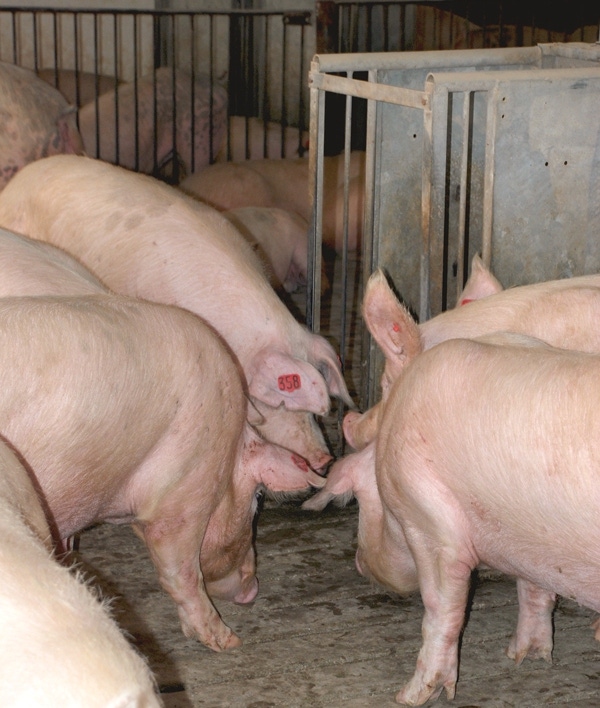California space requirements don’t stop at state line
Legislative Watch: California space requirement goes beyond borders; EU approves antibiotic limits; farm bill clock ticking; Congress leadership shuffling; races still undecided.

Last week over 61% of California voters approved Proposition 12 that will establish minimum space requirements for farm animals raised for food.
The initiative set space requirements for breeding pigs (24 square feet of floor space per animal), egg-laying chickens (1 square foot) and veal calves (43 square feet). Also, it will ban the sale of pork, eggs and veal from animals confined in areas less than the minimum space requirements both raised in California and other states. The new requirements take effect in 2020.
EU approves limits on antibiotics use
The European Parliament has approved limits on the use of antibiotics in farm animals produced for food.
Beginning in 2022, the new regulations will limit the use of antimicrobials as a preventive measure, in the absence of clinical signs of infection, to single animals. A veterinarian will have to approve and justify the use of antibiotics in cases where there is a high risk of infection, and antibiotics should be administered only after a veterinarian has diagnosed infection and prescribed antimicrobials, according to the measure.
Imported foods will now have to meet the EU standards and antibiotics cannot be used to promote growth in animals.
The European Council will now have to formally adopt the agreement.
Time running out on farm bill
Farm bill negotiations continue between the leadership of the House and Senate Agriculture Committees. Significant progress has been made, but there are still outstanding issues regarding commodity programs, crop insurance and nutrition. They need to reach an agreement in the near future to allow enough time for Congressional consideration. There are less than 10 legislative days remaining this year.
Republican leaders selected for 116th Congress
The Senate and House Republicans elected their leaders for the 116th Congress. Senate — Sen. Mitch McConnell (R-KY) will serve again as Senate majority leader and Sen. John Thune (R-SD) was elected as majority whip. House — Reps. Kevin McCarthy (R-CA) was elected minority leader; Steve Scalise (R-LA), minority whip; and Liz Cheney (R-WY), conference chair.
Democrats re-elect Senate leadership
The Senate Democratic leadership will remain the same in the 116th Congress. Sens. Chuck Schumer (D-NY) will continue as Senate minority leader and Dick Durbin (D-IL) as minority whip.
House Dems to elect leaders on Nov. 27
The House Democrats will elect their leadership team on Nov. 27. Minority Leader Nancy Pelosi (D-CA) is running for Speaker but there is a group of House Democrats that wants a new leadership team and are trying to find enough votes to block her election.
They need to find enough Democratic members not willing to vote for her in January when the House officially elects the new Speaker to force a change. It takes 218 votes to elect a Speaker. Congressman Steny Hoyer (D-MD) is expected to be elected majority leader and Jim Clyburn (D-SC) as minority whip.
2 Senate and 6 House races still undecided
A week and half after the elections there is still two Senate and six House races to be decided.
With Kyrsten Sinema (D-AZ) declared the winner over Martha McSally (R-AZ) in Arizona, there are still two Senate seats undecided. Florida is going through an official recount between Sen. Bill Nelson (D-FL) and Gov. Rick Scott. Going into the recount Scott held a lead, but it has dwindled since election night. Sen. Cindy Hyde-Smith (R-MS) faces a Nov. 24 runoff against former Secretary of Agriculture Mike Espy.
There are still six House races that are too close to call. The outstanding races are in California, Georgia, New York, Texas and Utah. Democrats are expected to gain at least 35 seats. Congressman Jeff Denham (R-CA) was the second Republican member of the House Agriculture Committee to lose when he was defeated by Josh Hardler (D).
About the Author(s)
You May Also Like



